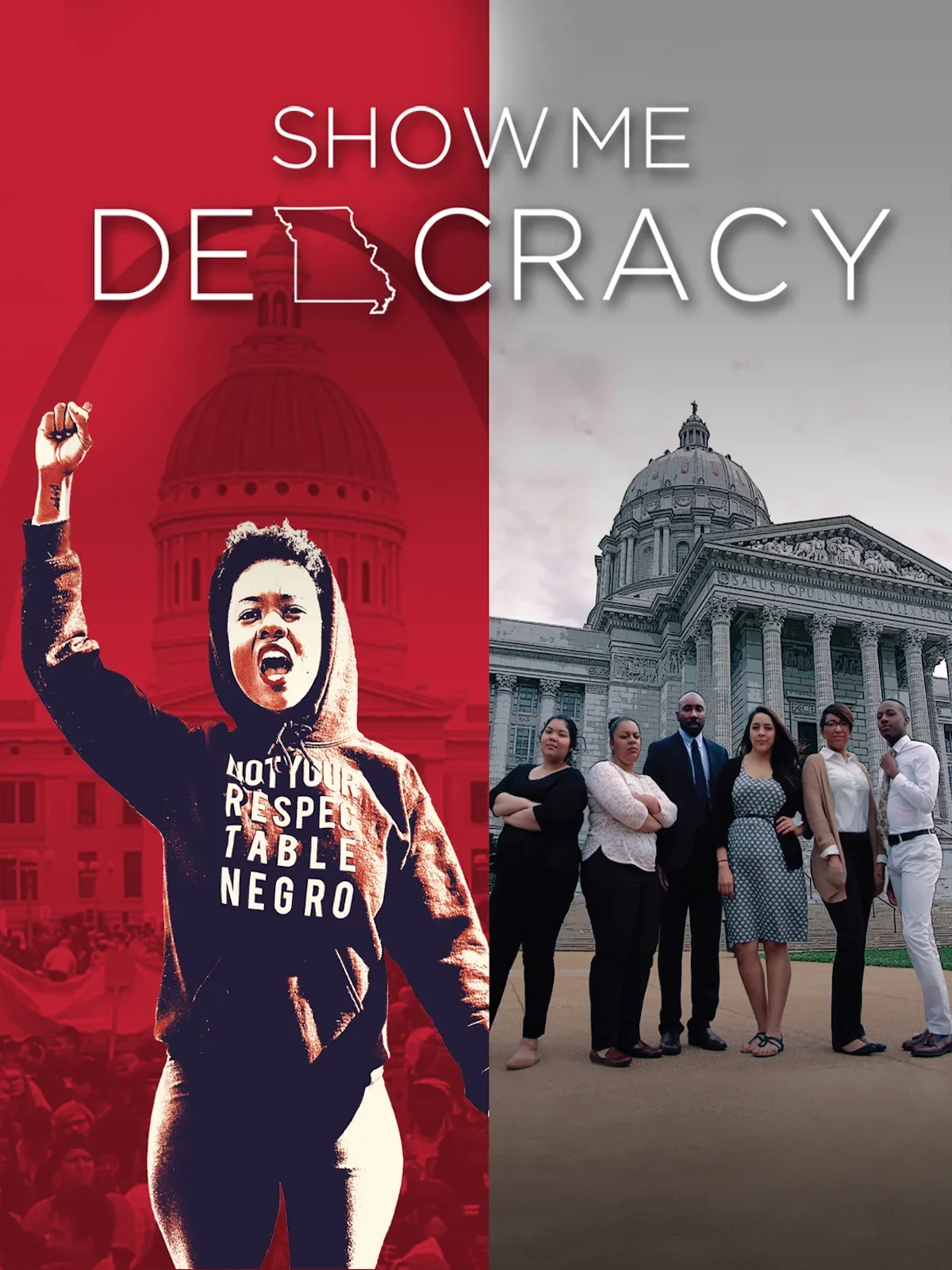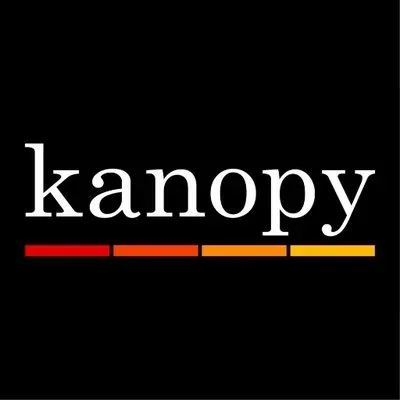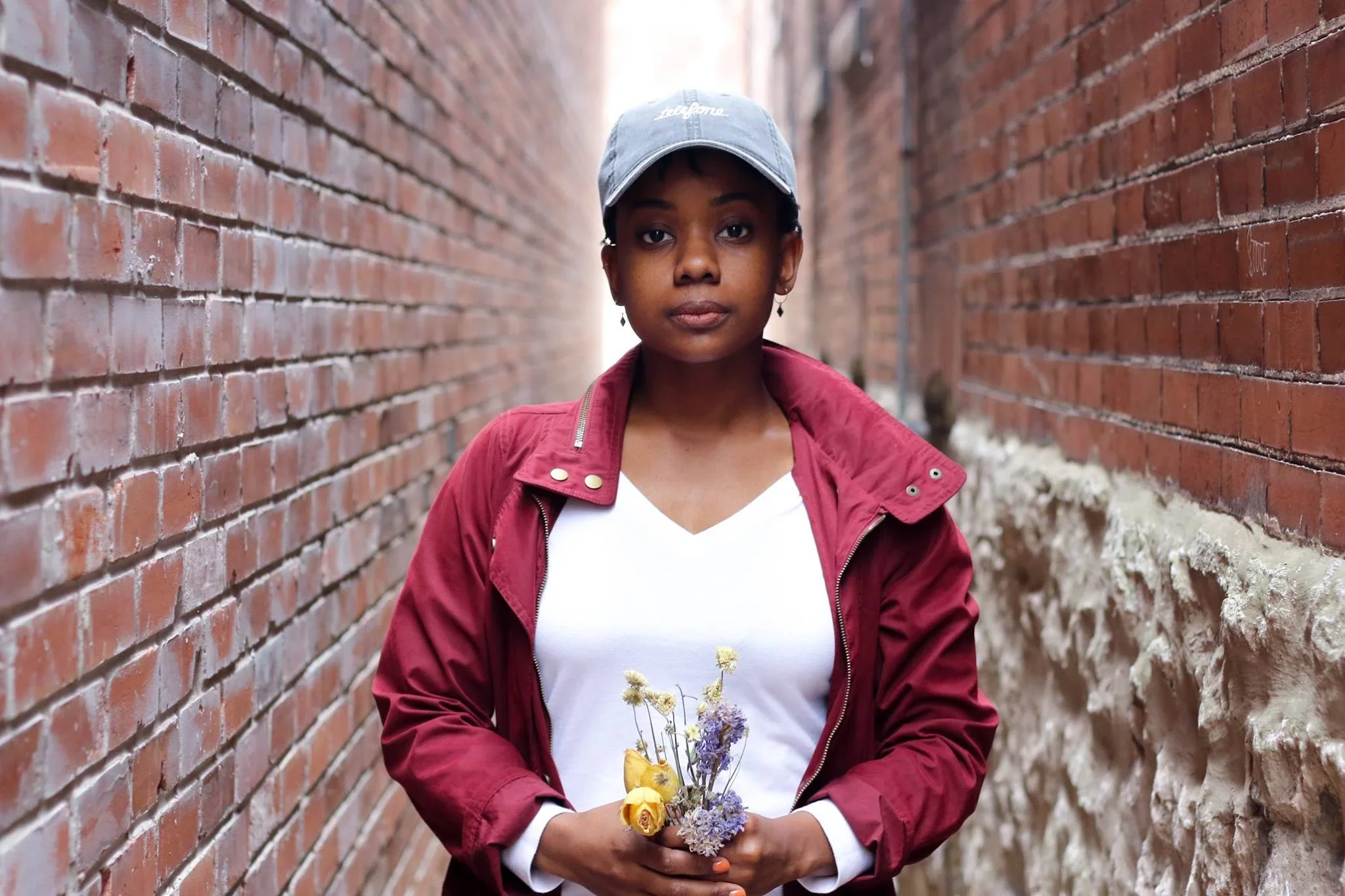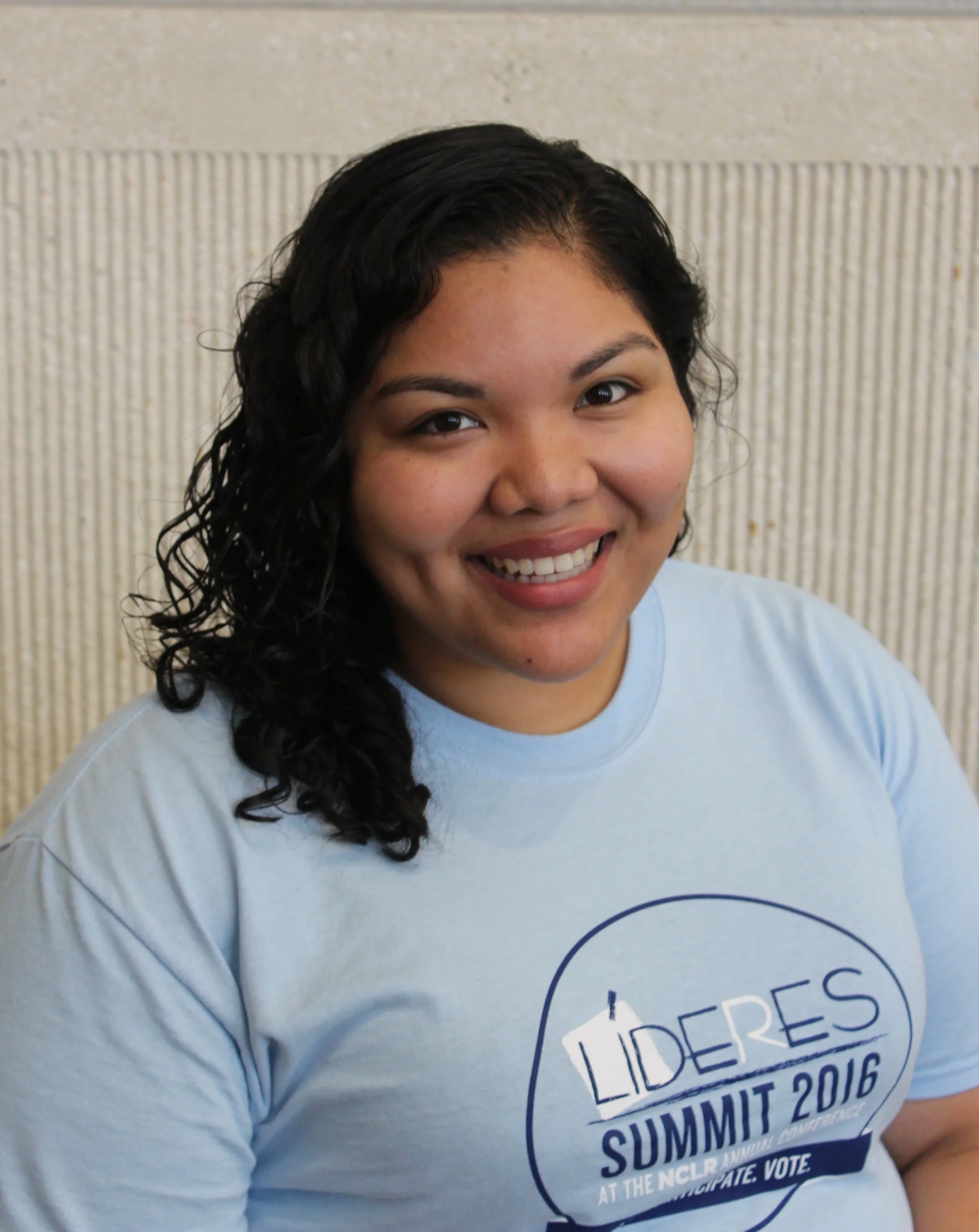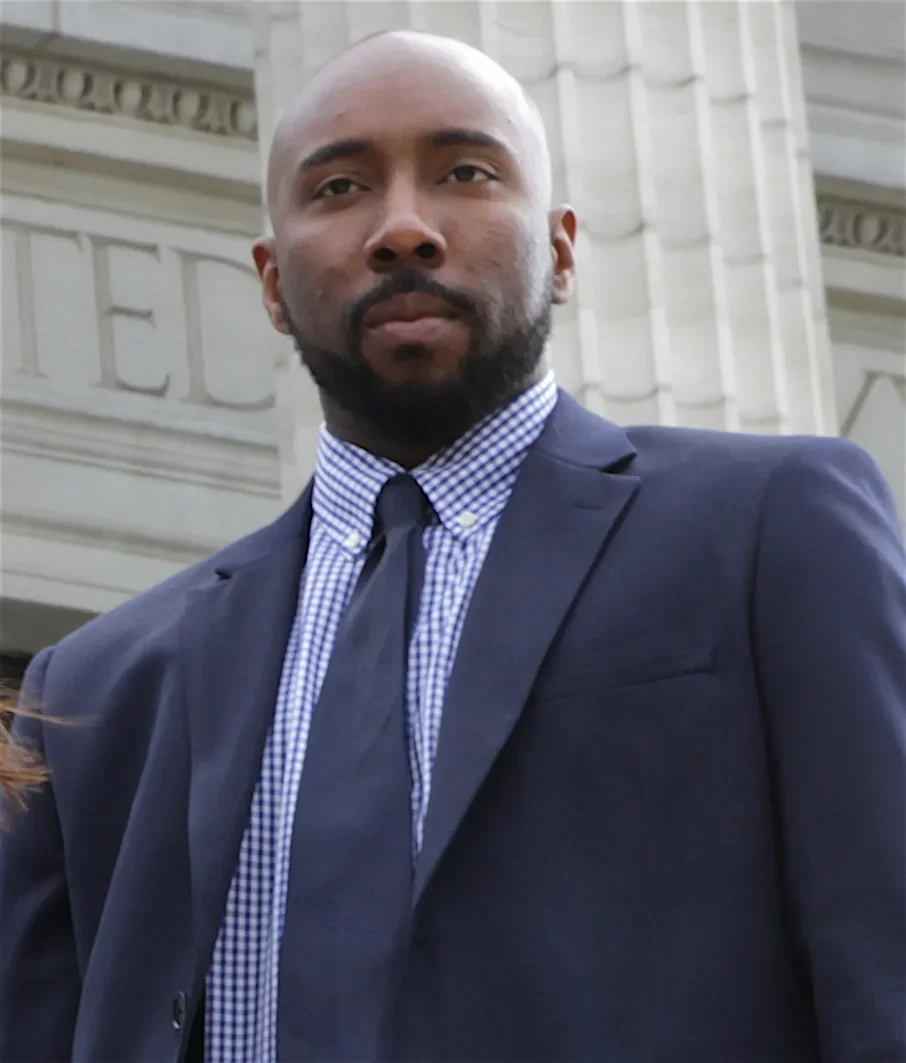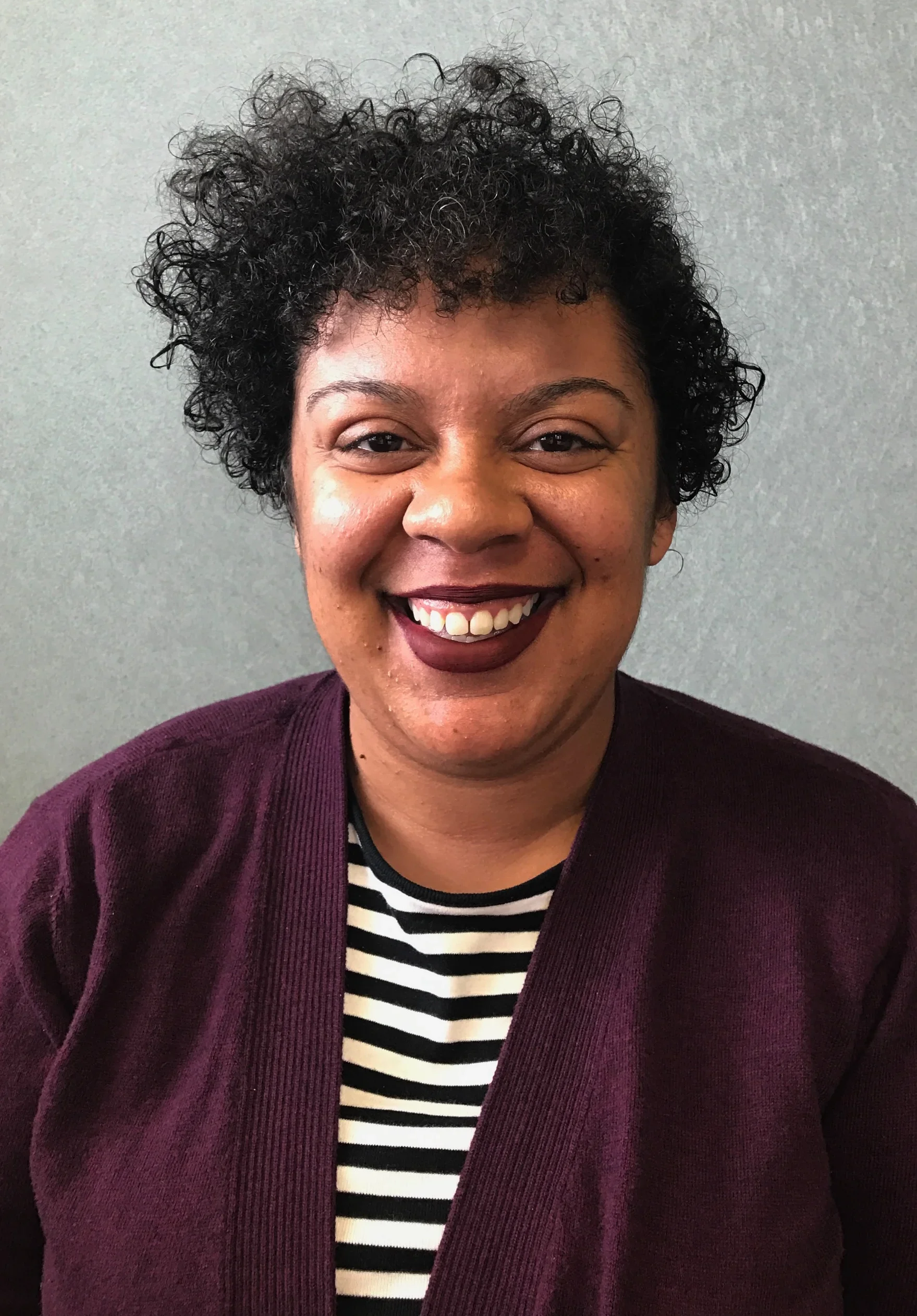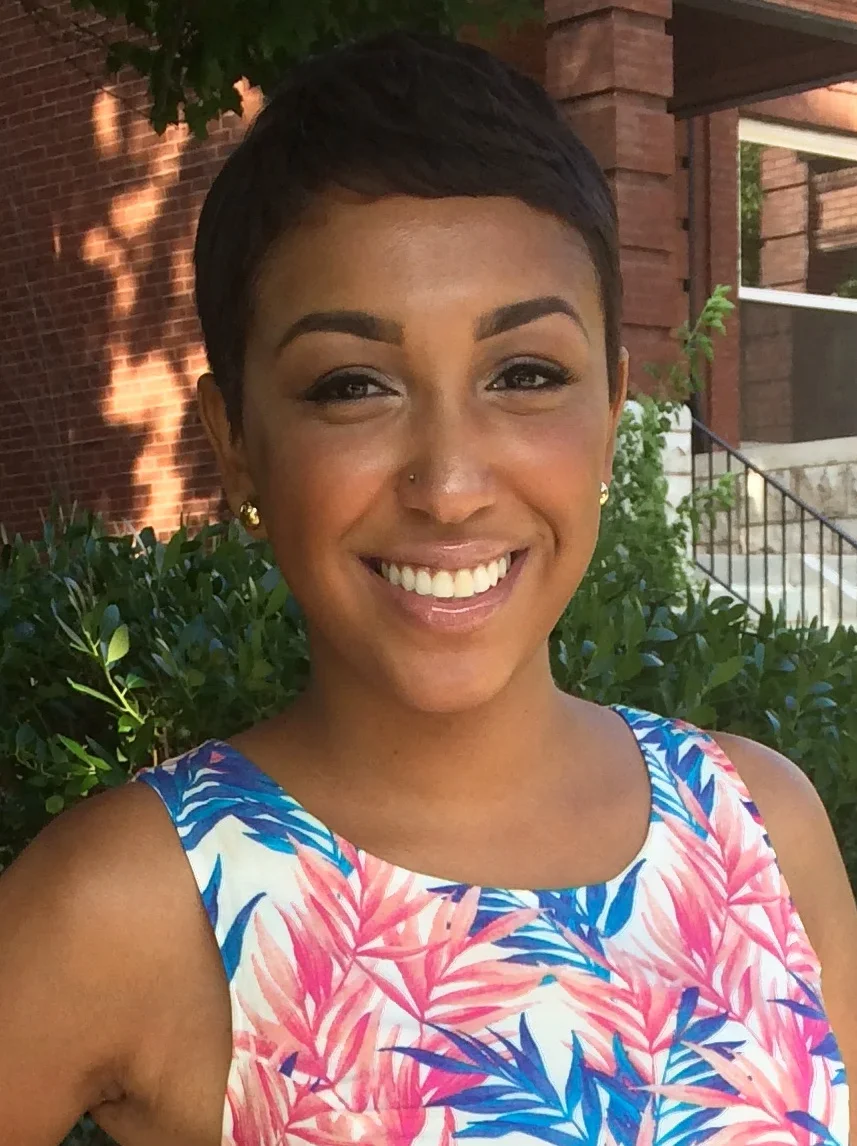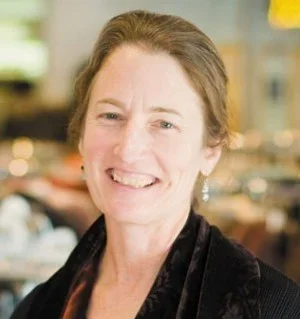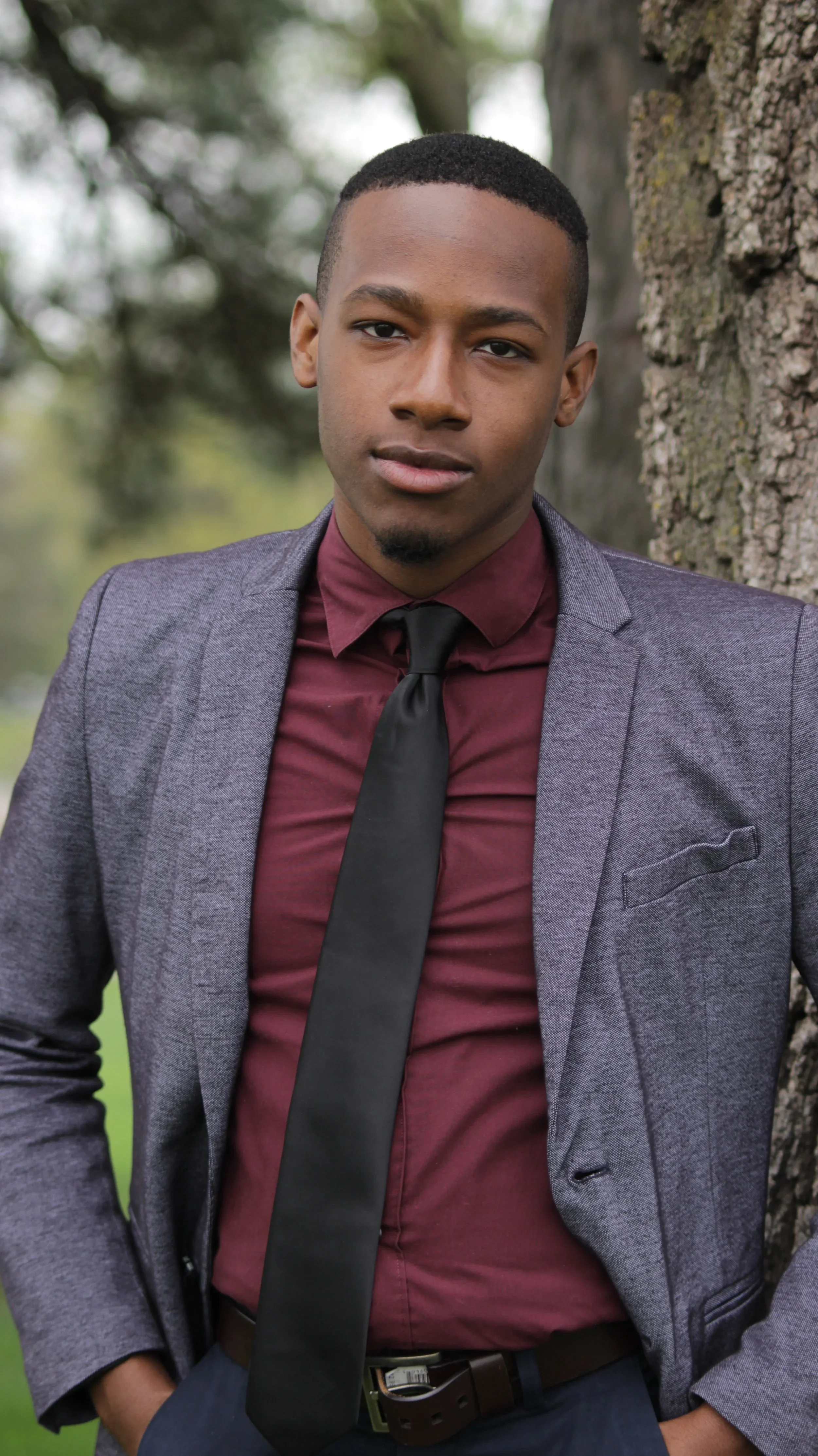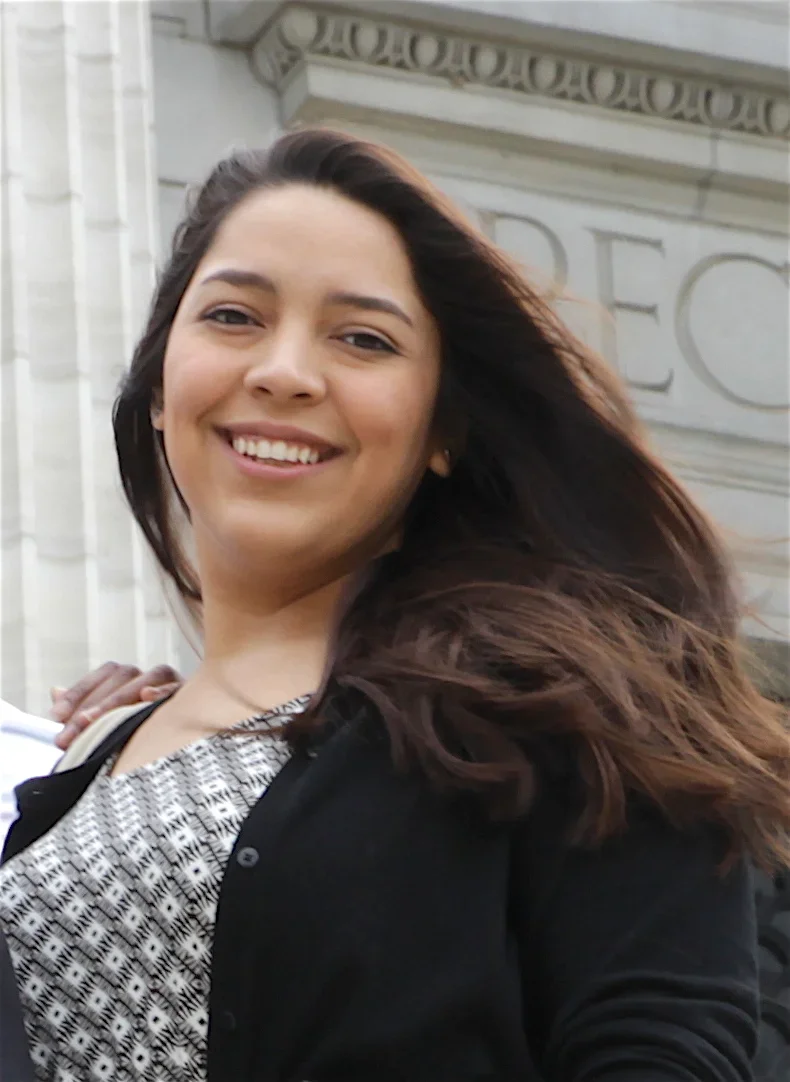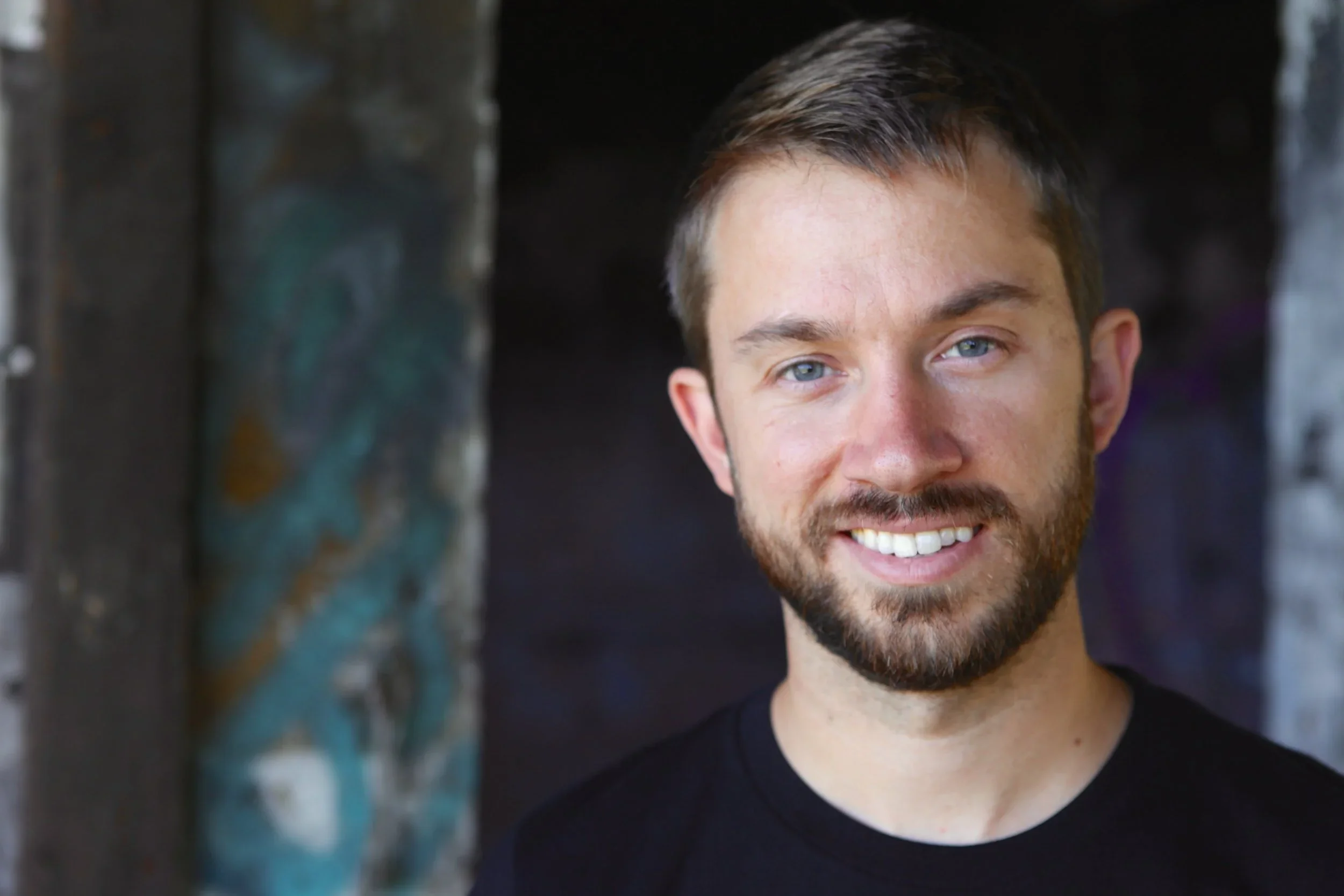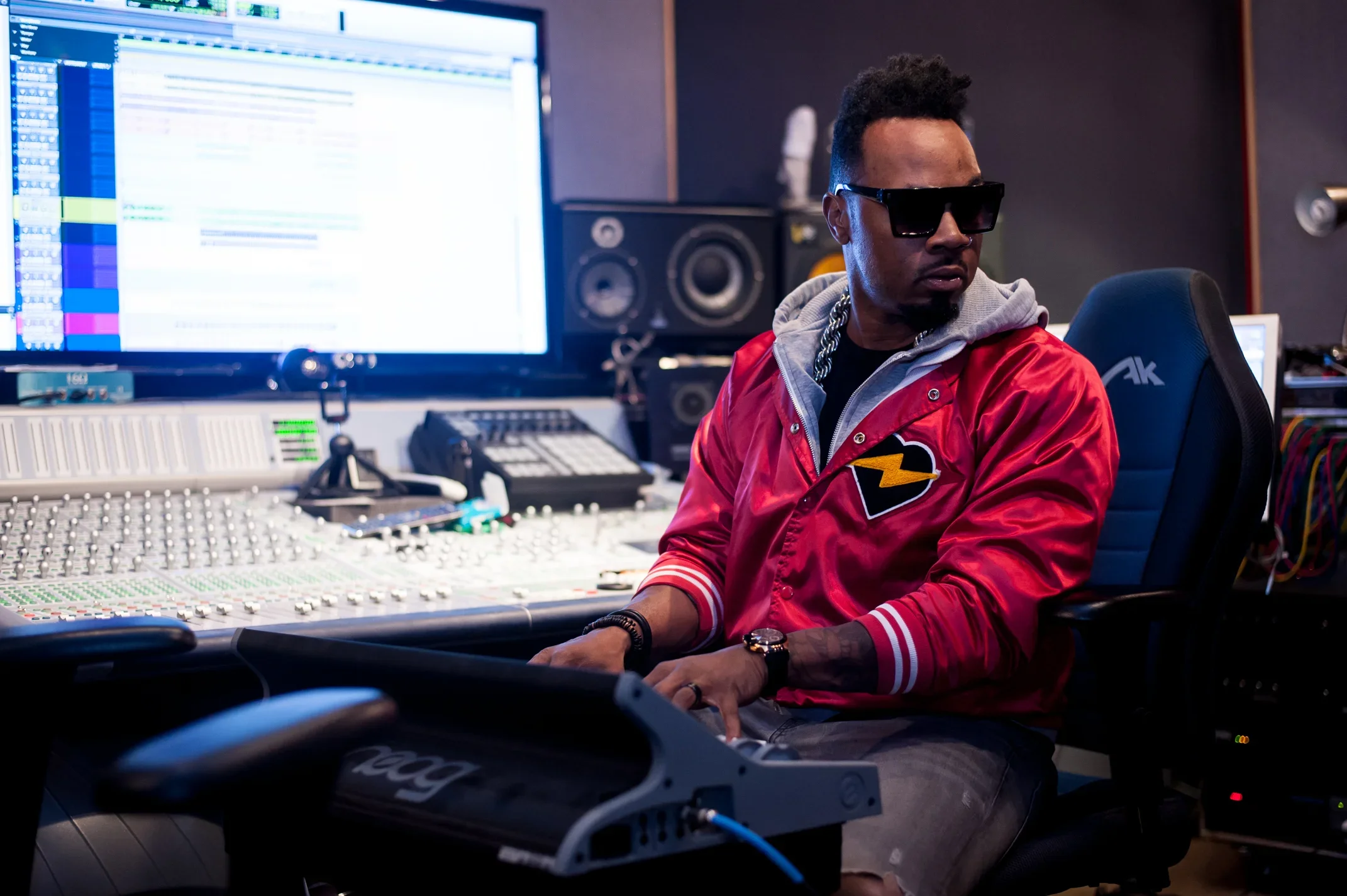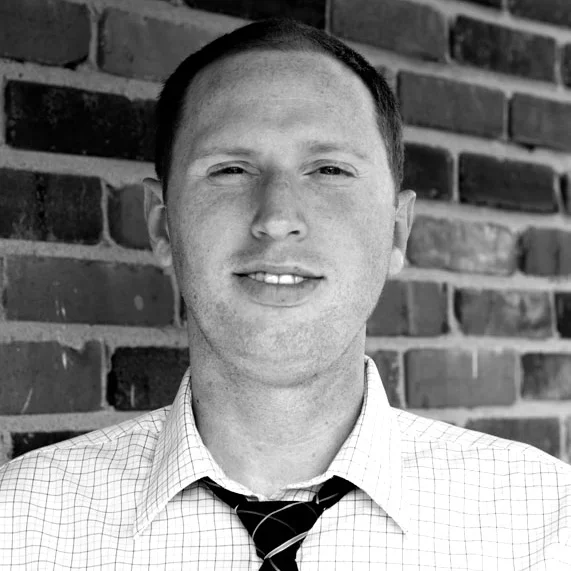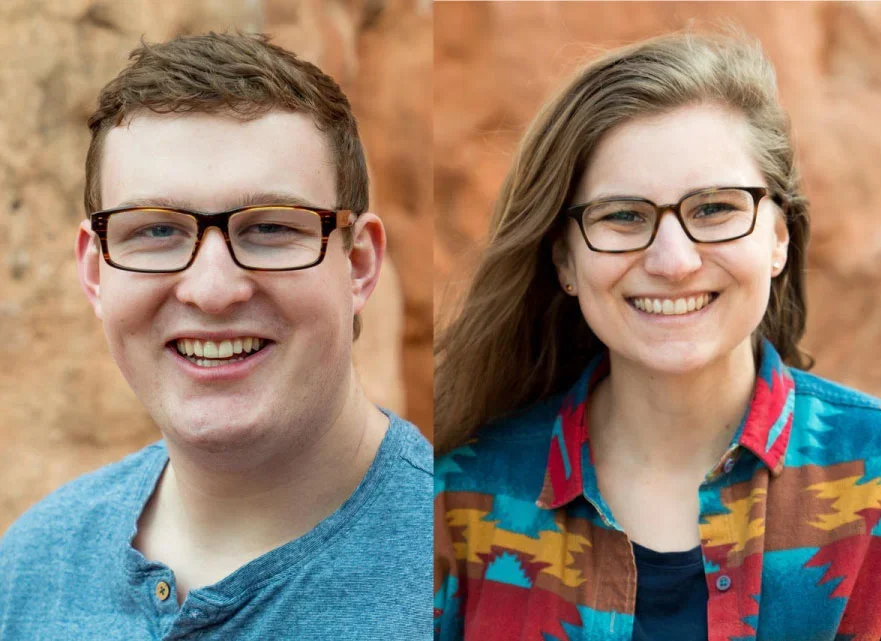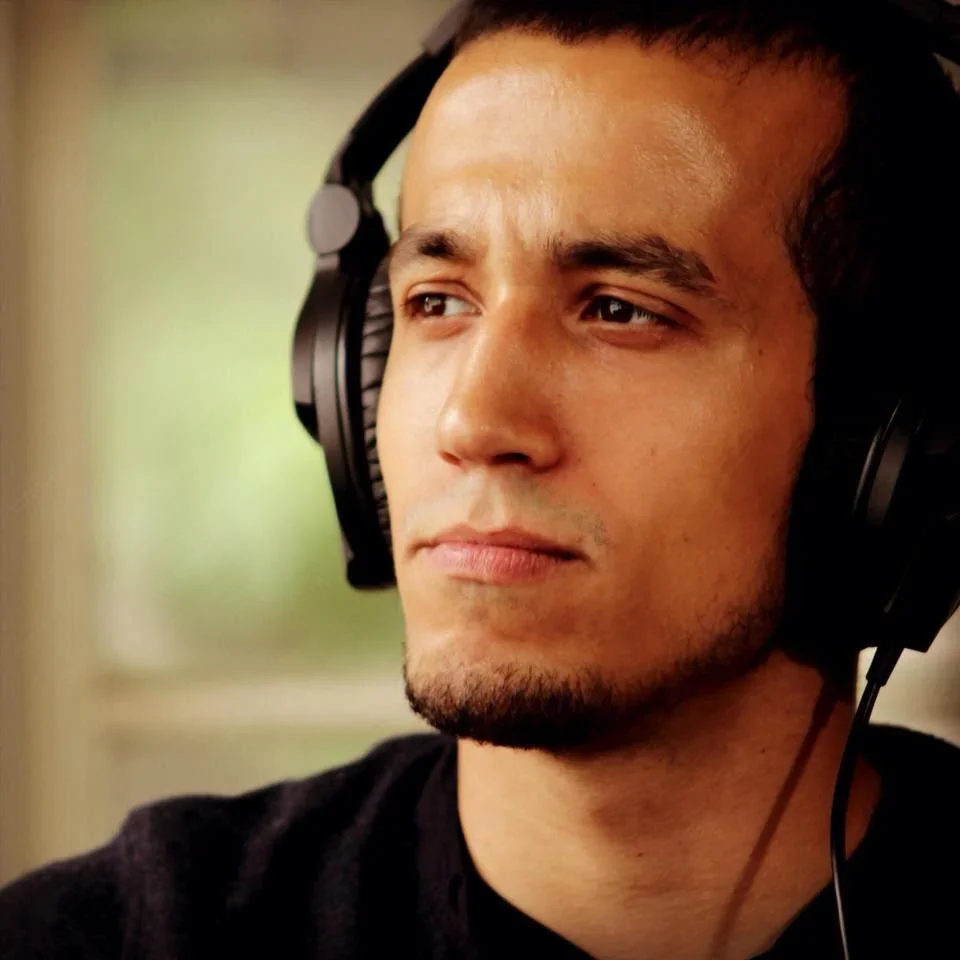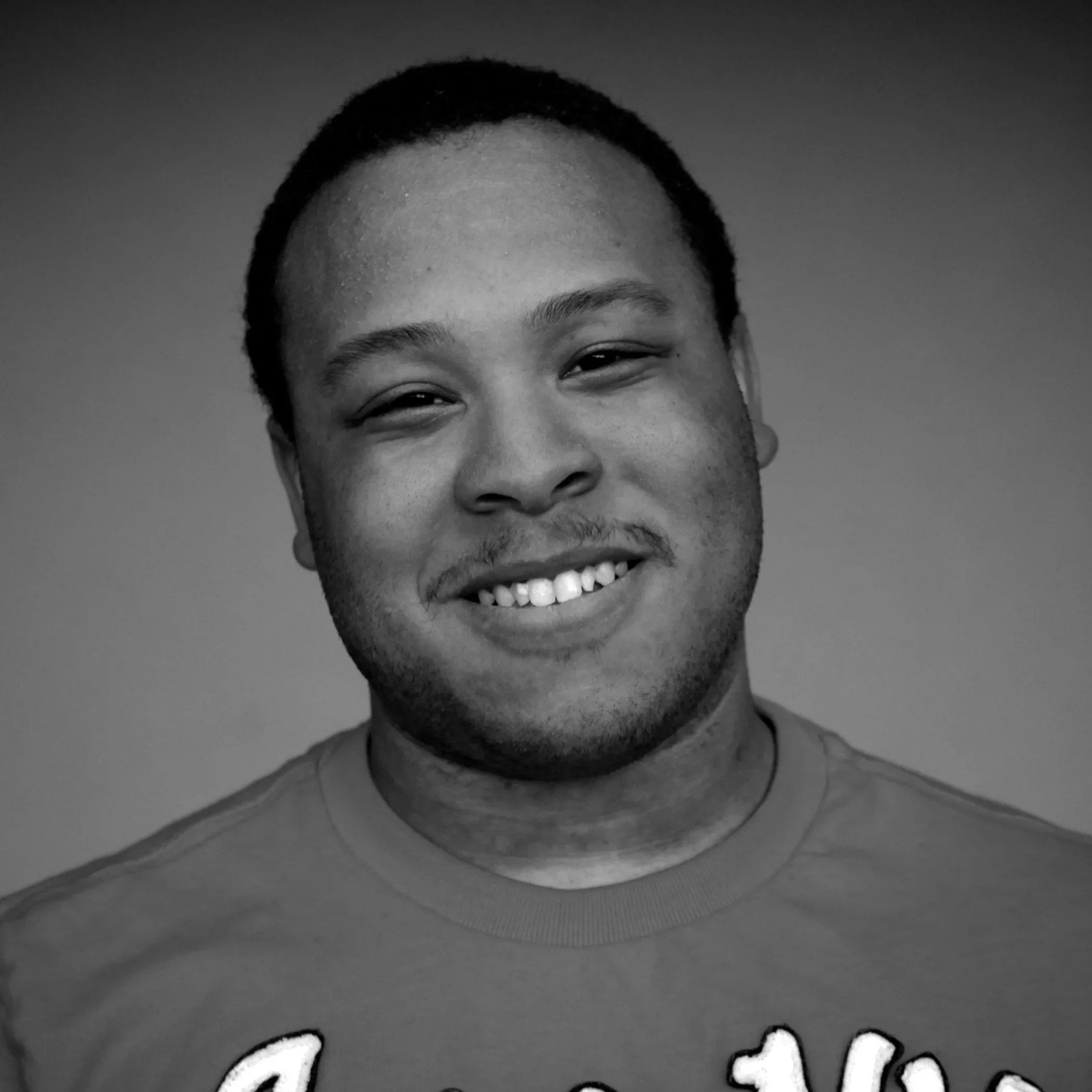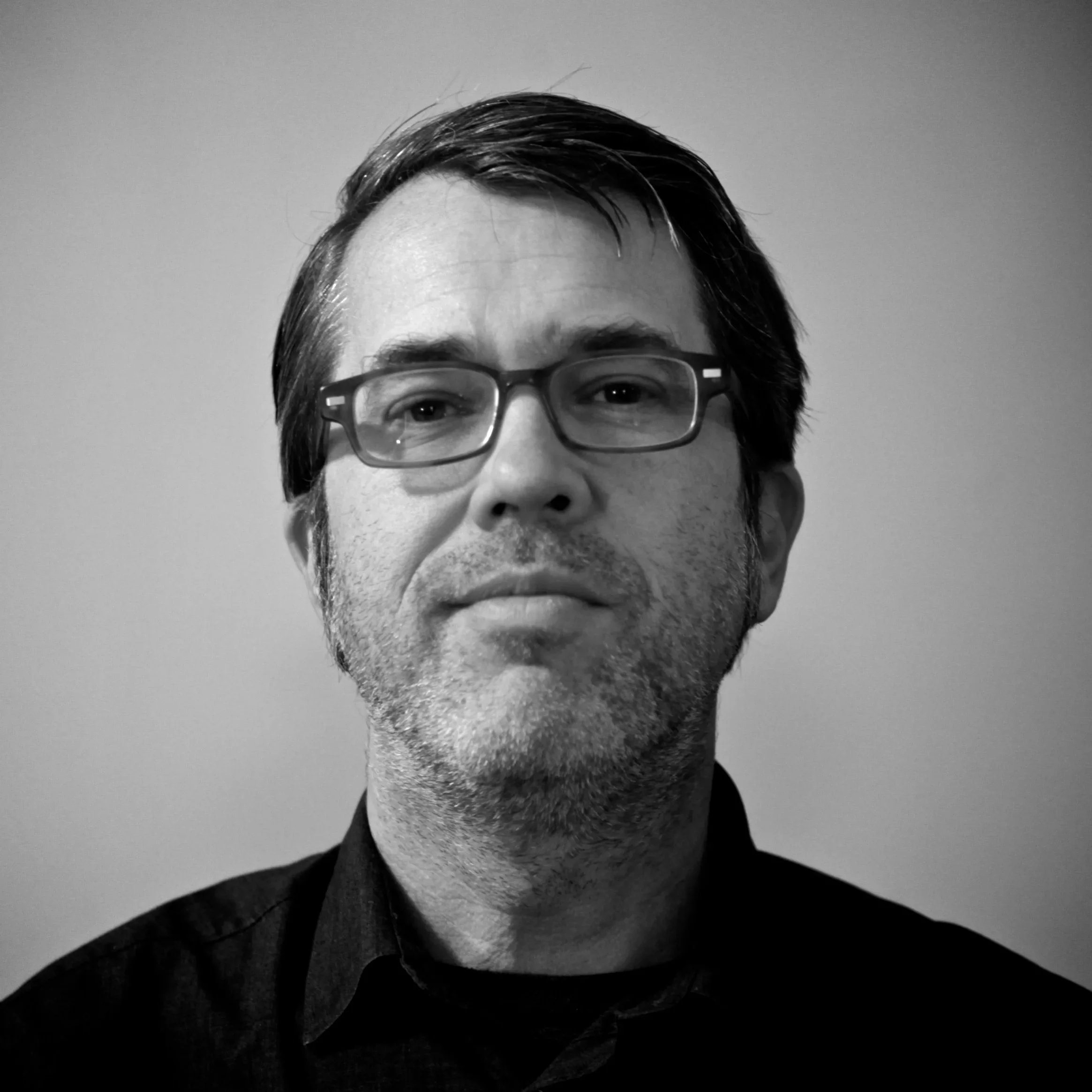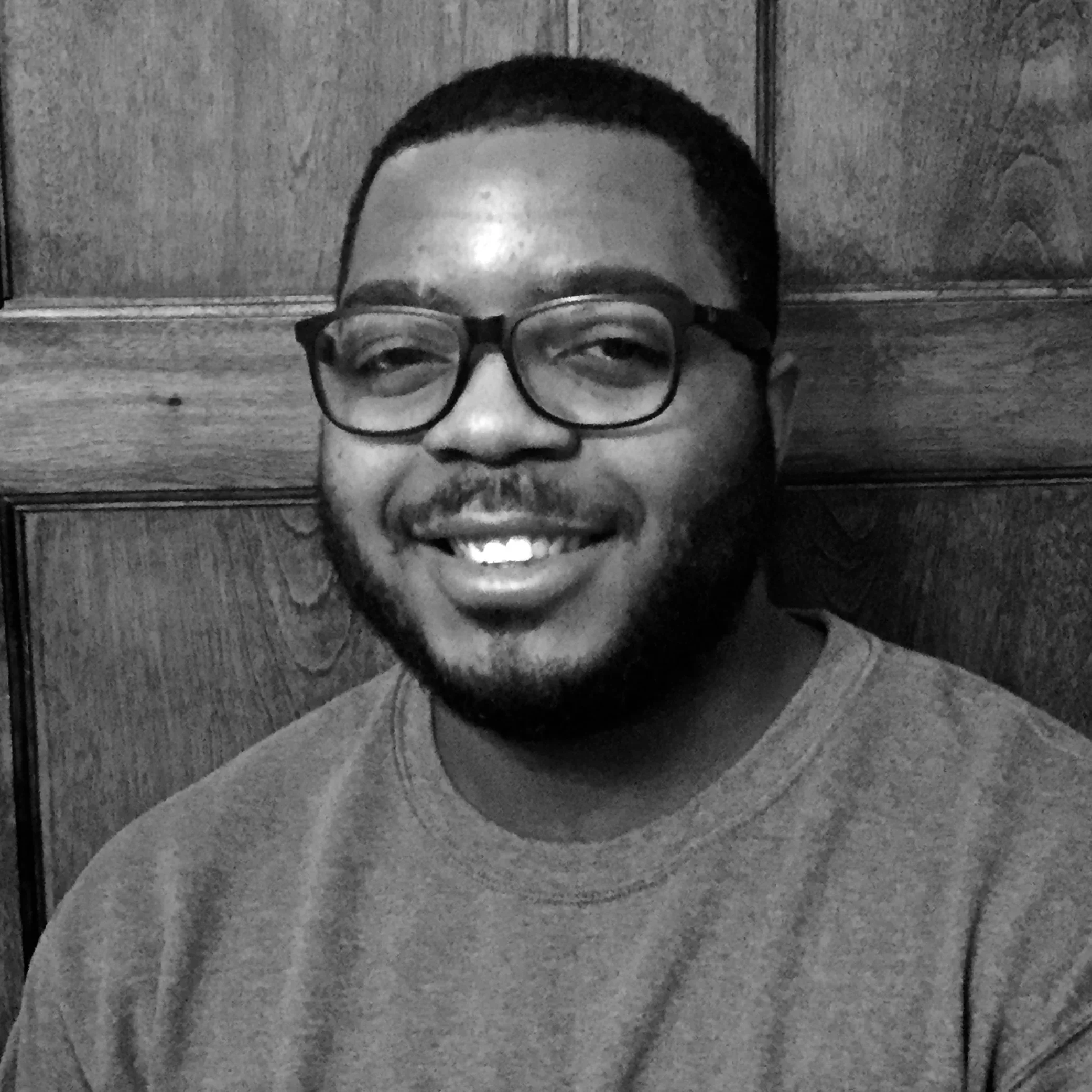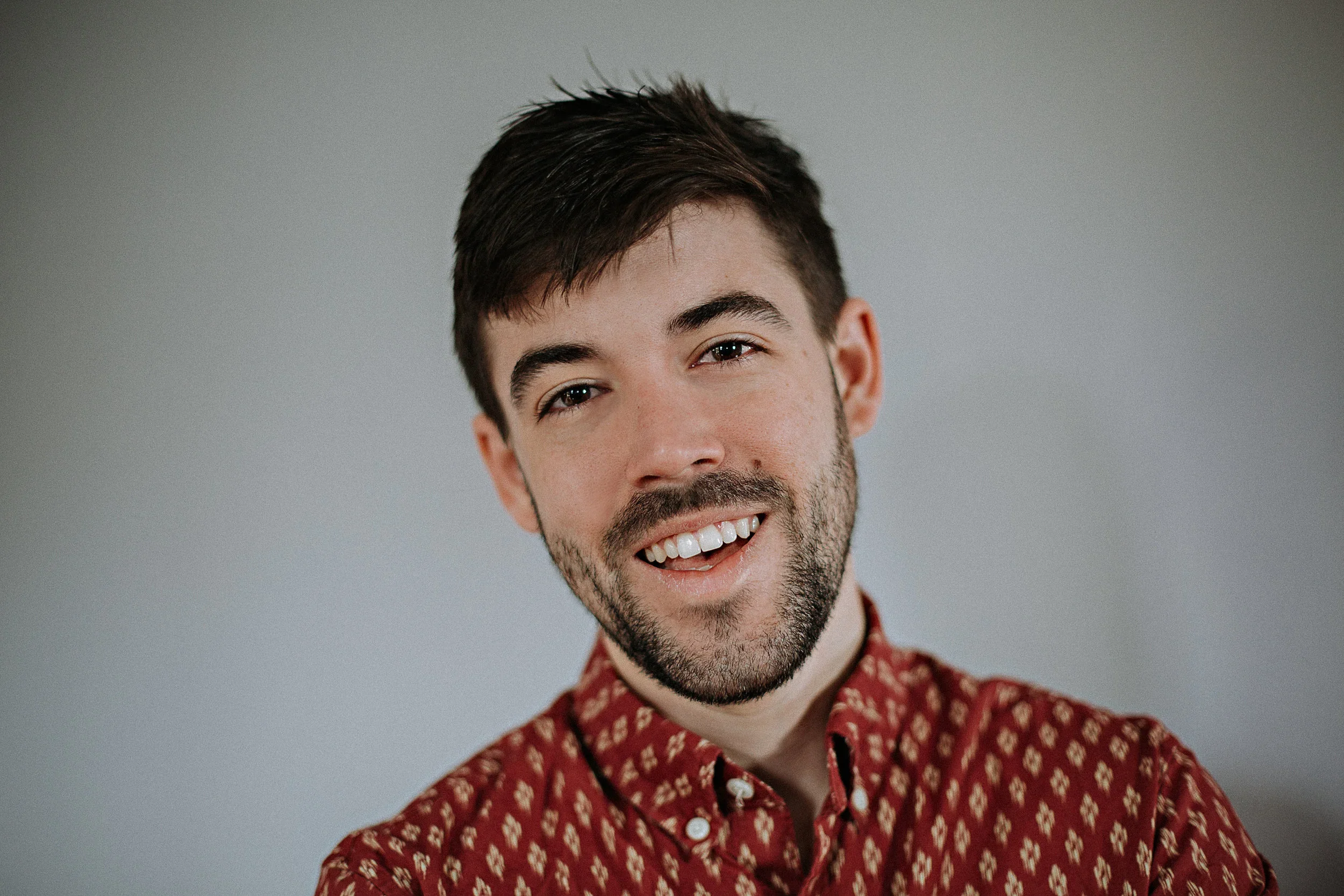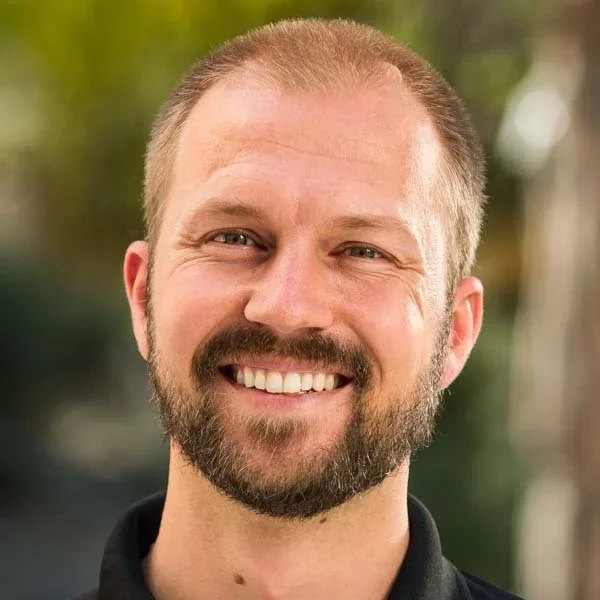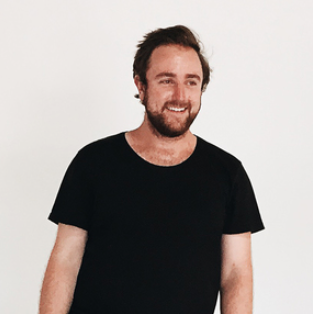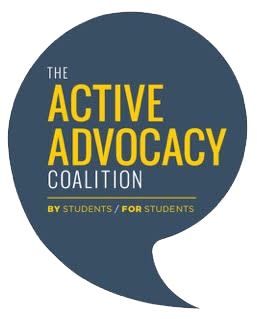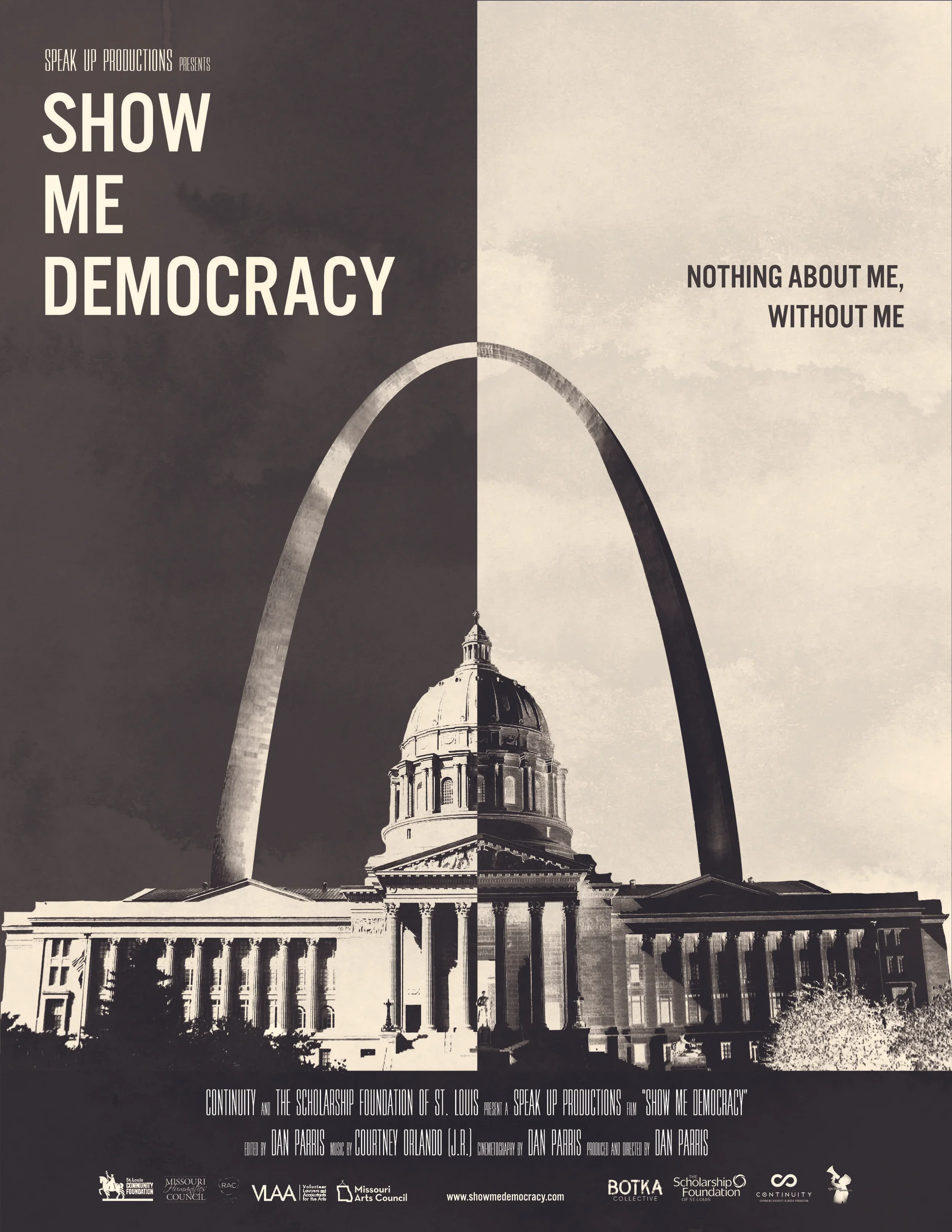Amidst the uprising in Ferguson, 7 St. Louis college students evolve into advocates and activists as they demand change through policy and protest.
Buy or rent the film:
View the trailer
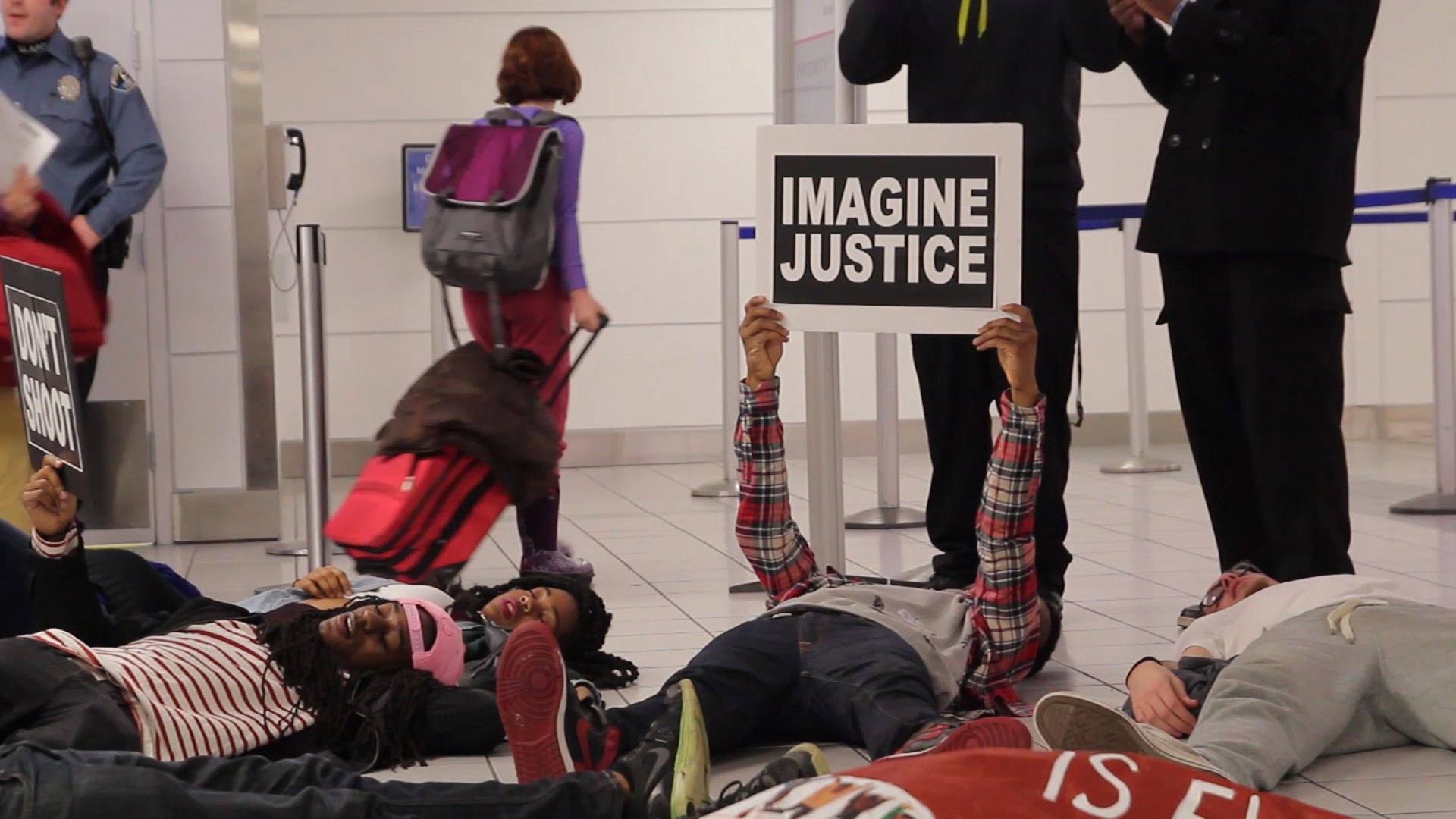
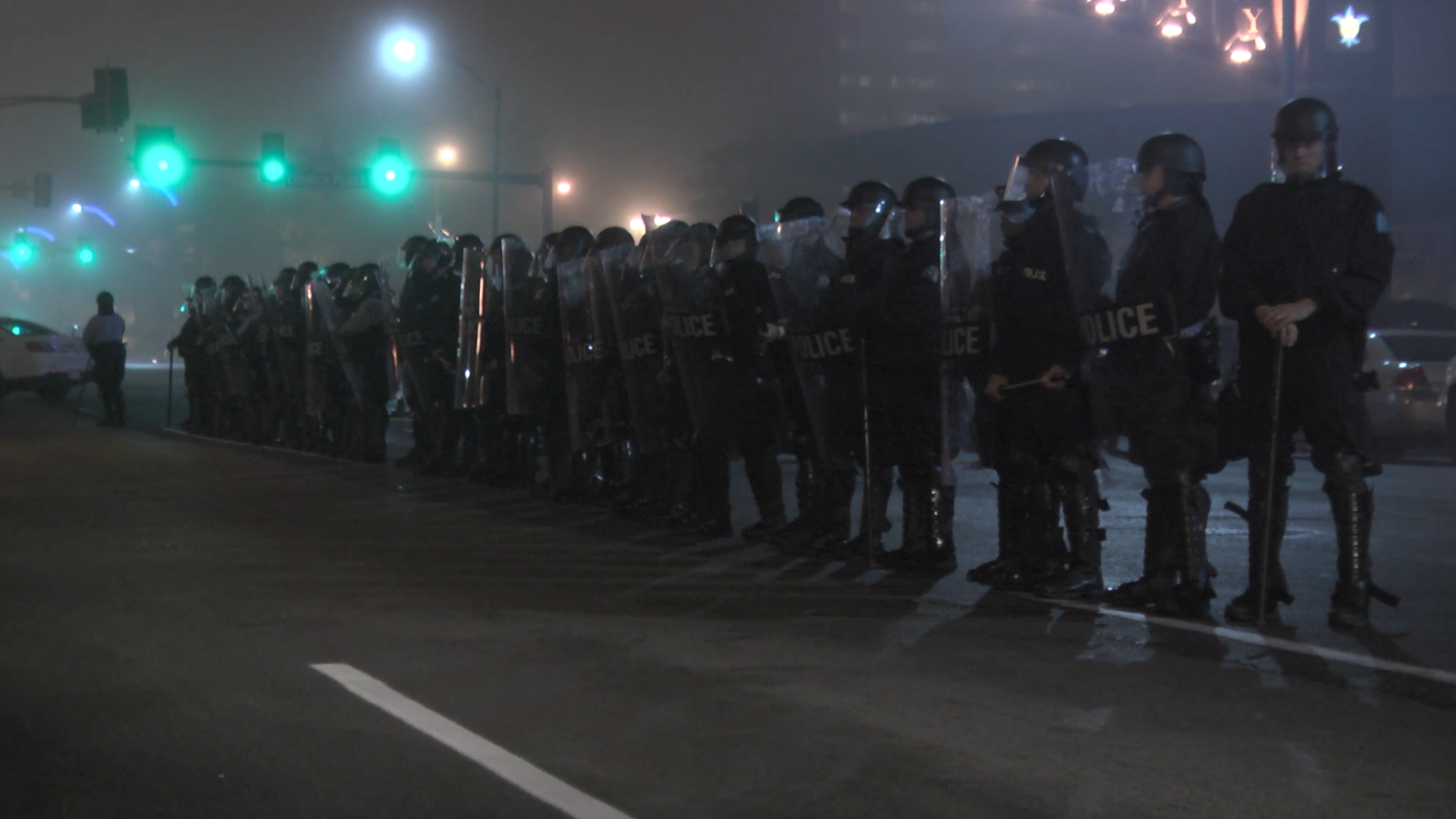
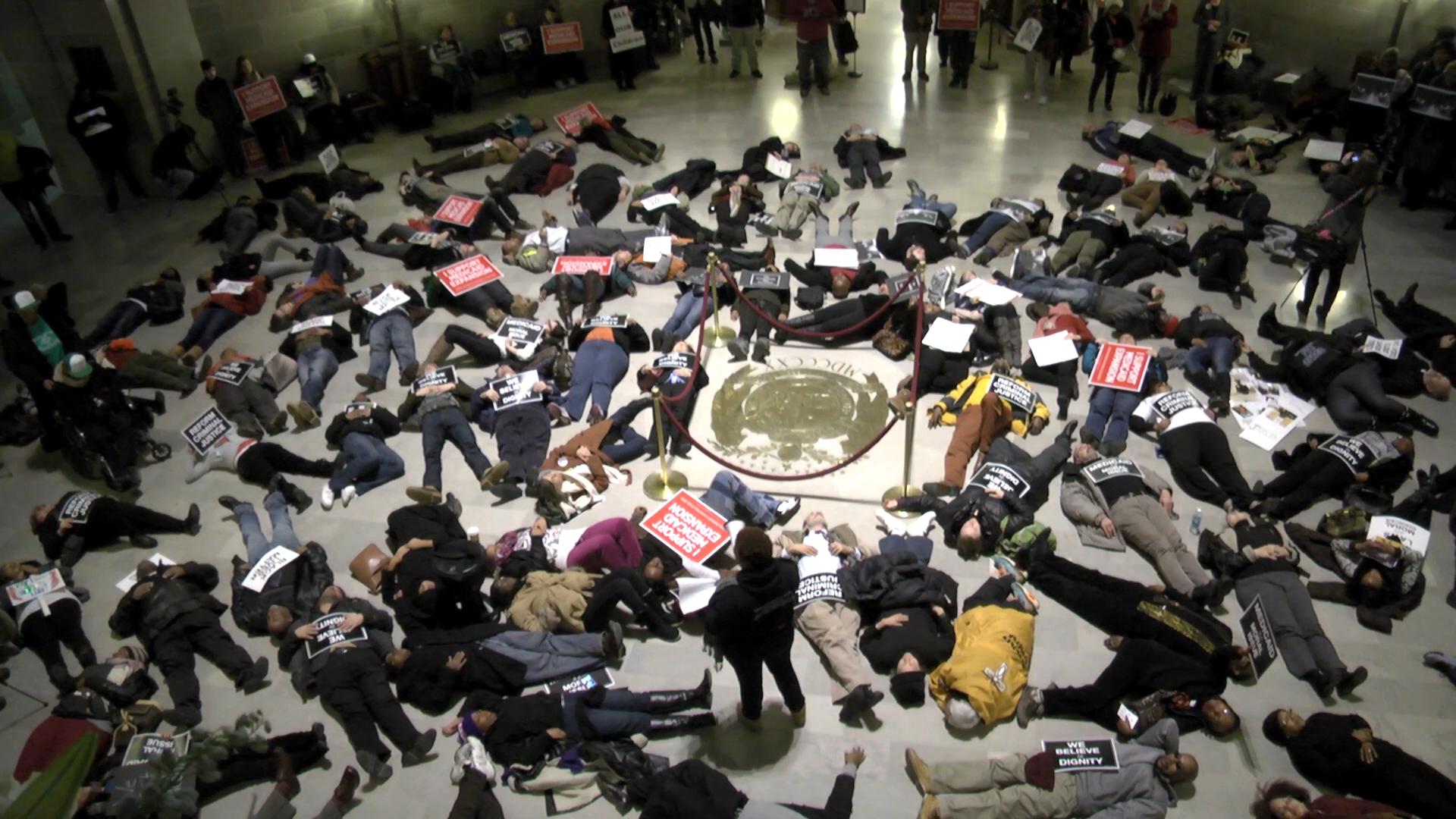
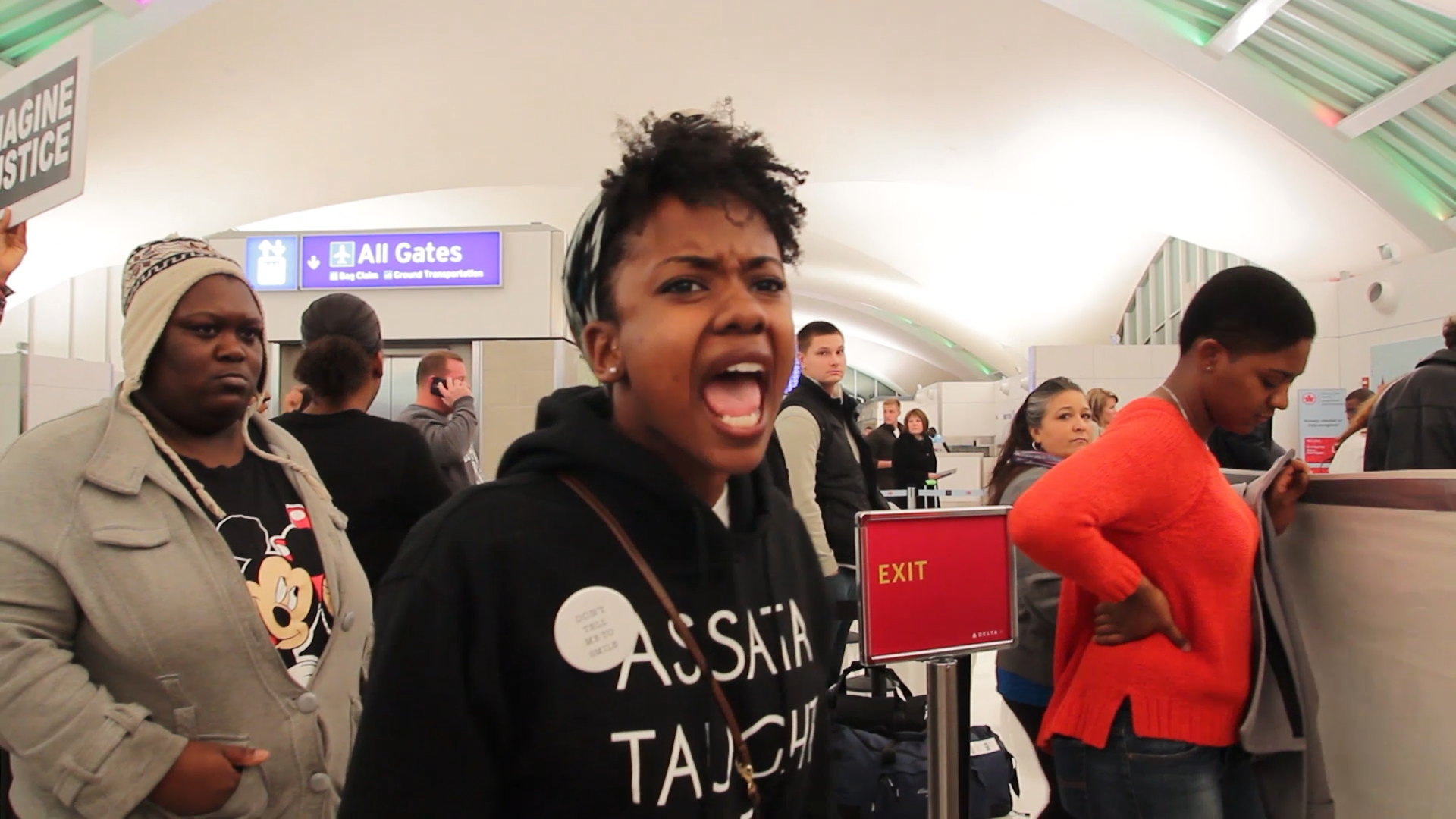
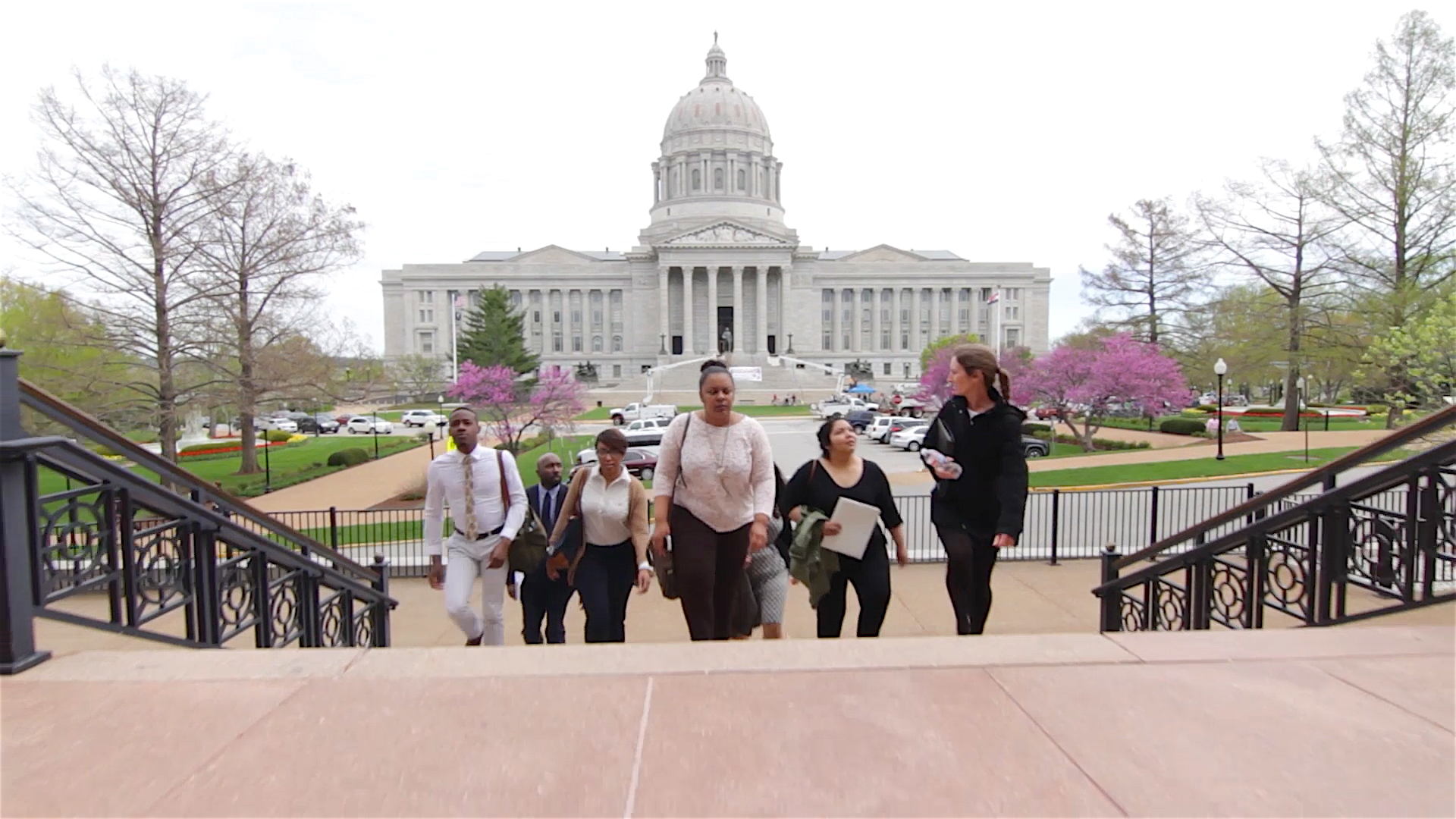
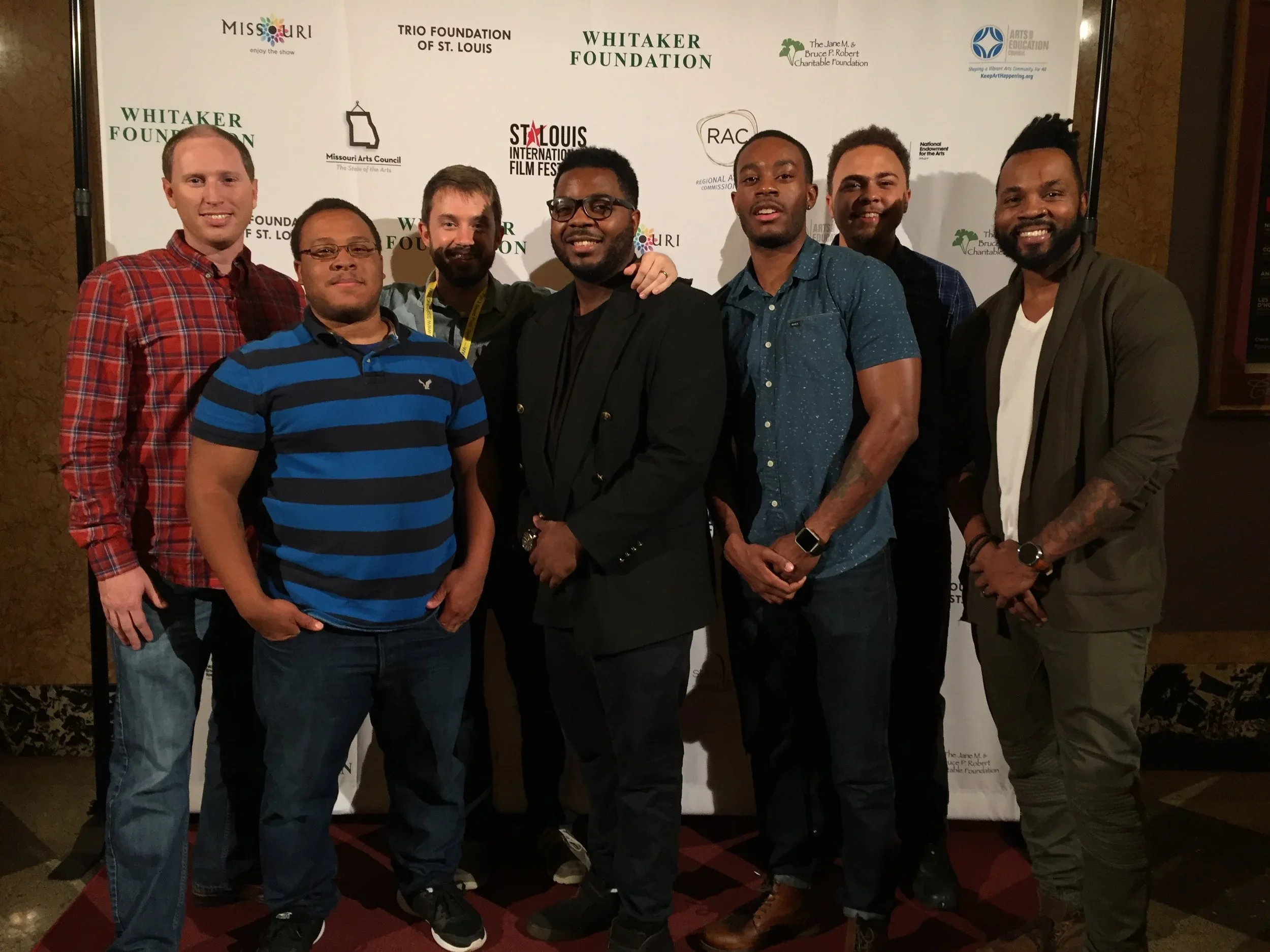
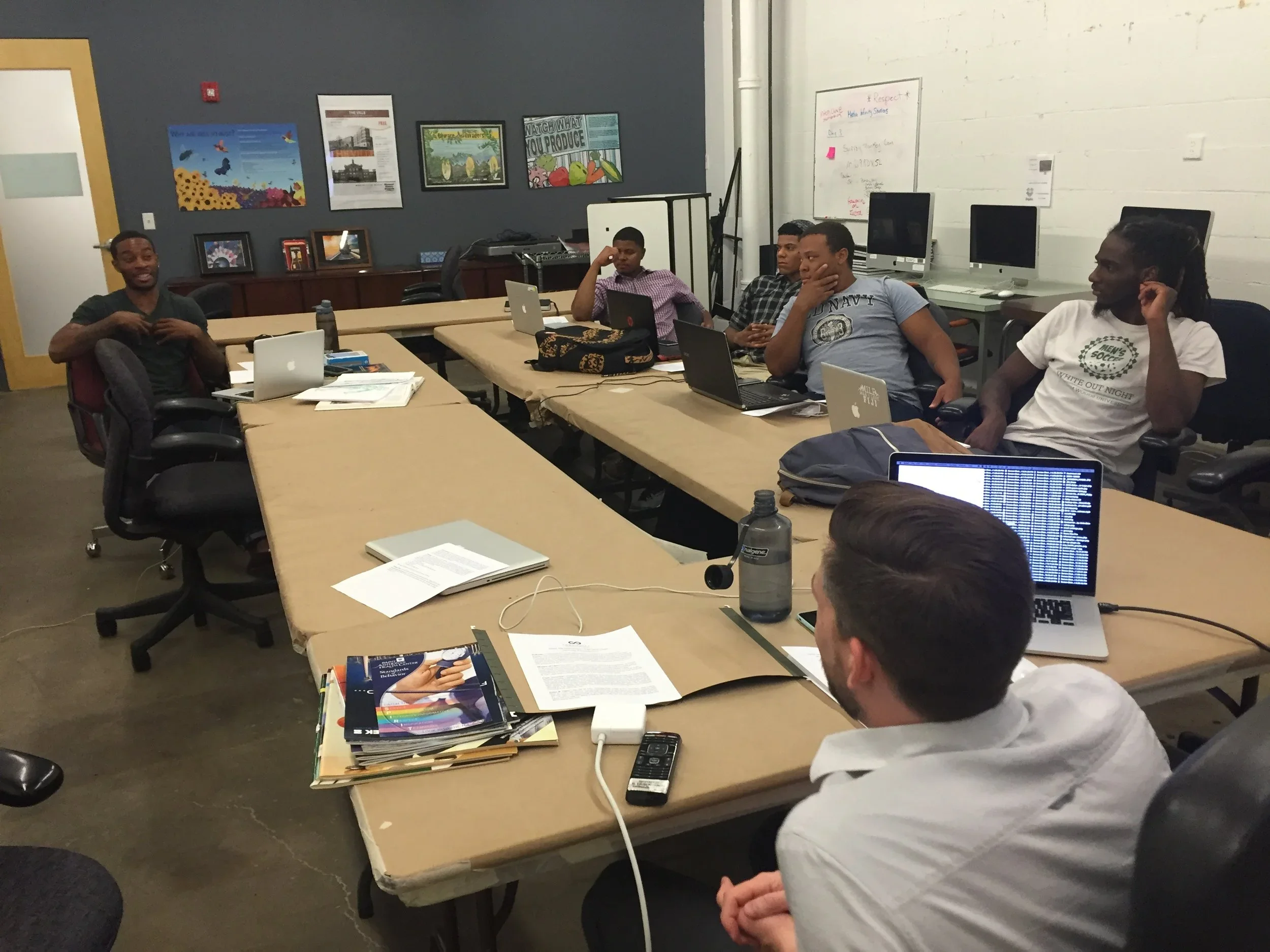
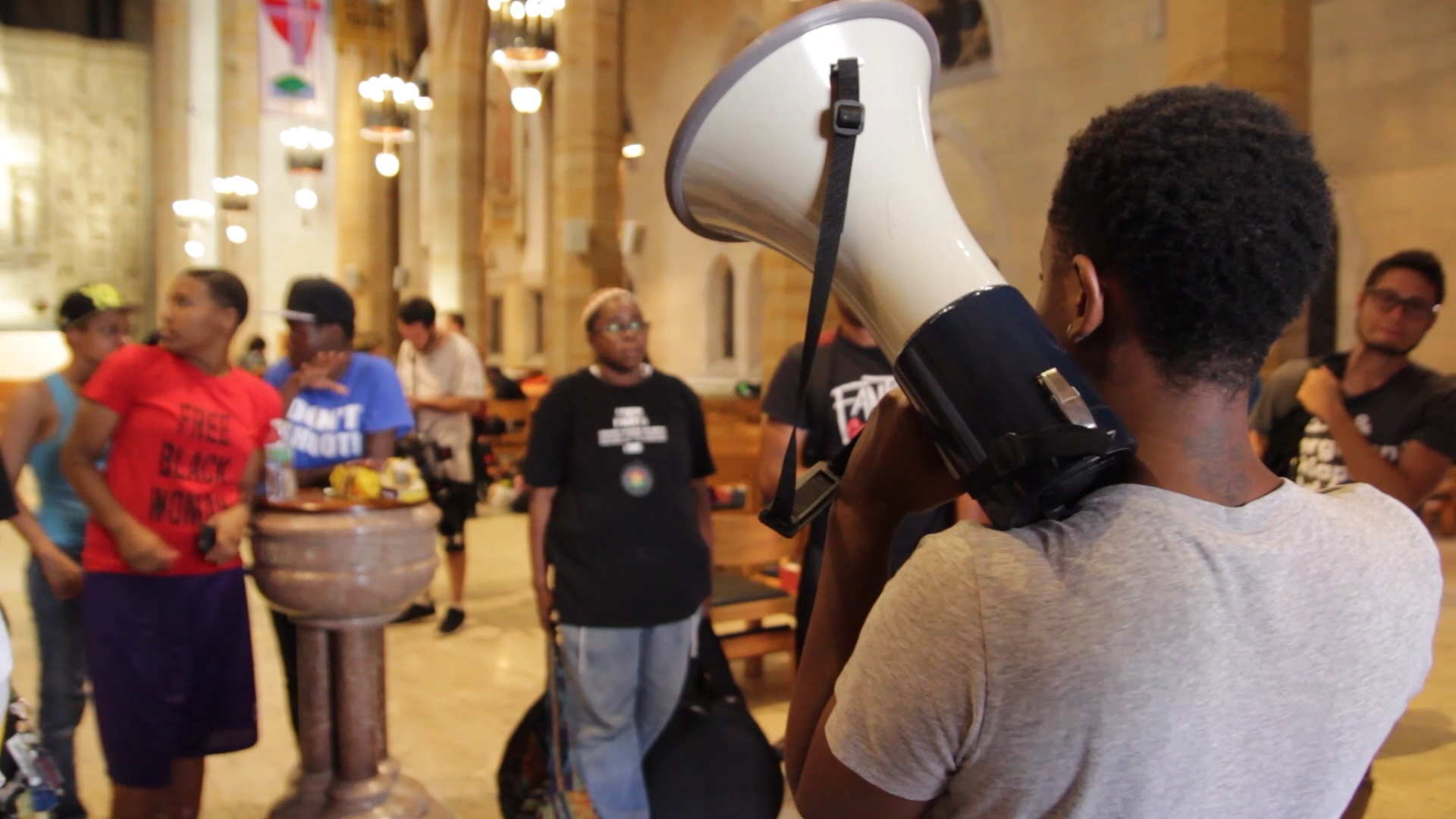
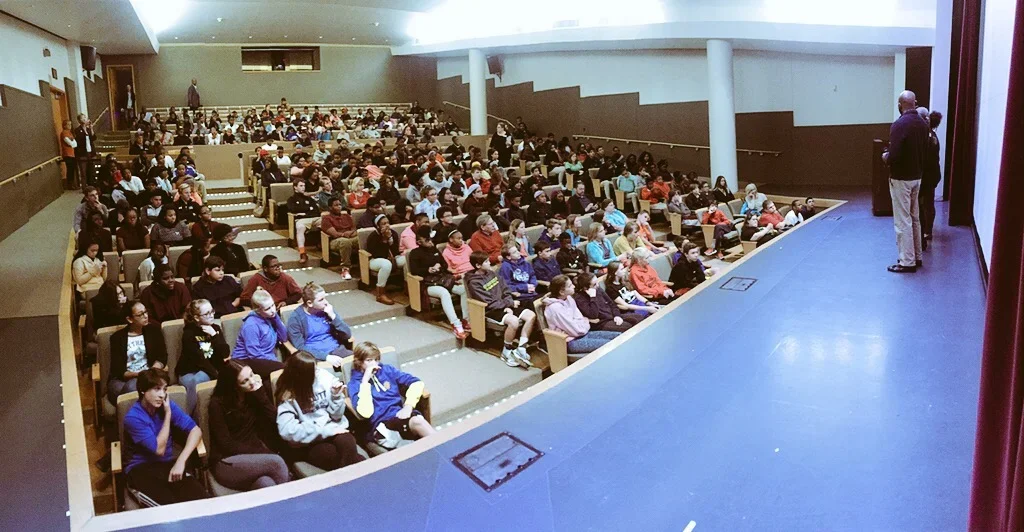
Characters
Crew
Press
Oberserver - Exclusive Clip: Ferguson Documentary ‘Show Me Democracy’
STL Today - Documentary featuring St. Louis college students shows power of protests, policy
St. Louis American - Not all scholarships are created equal
Forward Through Ferguson - Amber
FOX 2 St. Louis - Show Me Democracy: Film about Policy & Protest premieres on Fuse
Organizations featured in the film
About
-
Amidst the uprising in Ferguson, 7 St. Louis college students evolve into advocates and activists as they demand change through policy and protest.
-
Amidst the uprising in Ferguson, seven St. Louis college students evolve into advocates and activists as they demand change through policy and protest and test the validity of the Margaret Mead quote: “Never doubt that a small group of thoughtful, committed citizens can change the world; indeed, it’s the only thing that ever has.”
Show Me Democracy documents the efforts of The Scholarship Foundation’s Education Policy Internship Program, which empowers students to research education policy issues that affect them and their peers, and to coordinate efforts to influence public policy around increasing post-secondary educational access for low-income students. The documentary follows the interns’ initial frustrations with police brutality and failing school systems; their first meetings as a team; one student’s experience of being tear-gassed on the streets of Ferguson; and the group’s visits with Missouri representatives. At the state capitol, they advocate for educational reforms that would improve educational access for students of color, those with limited financial resources, and immigrant students in Missouri. The film examines the students’ personal lives and diverse backgrounds, follows them as they cope with the events in Ferguson, and will ultimately reveal whether a group of committed young people can make a difference in complex and imperfect systems.
Show Me Democracy functions as a powerful tool that educates young people on not only the need for educational advocacy, but the power they have to affect change for themselves and those around them. Too often young people are dismissed as a group without the right to have their views considered or their interests independently represented at any level of decision making. One of the film’s taglines represents that well “Nothing about me, without me.” Our audiences will realize they have the capacity, potential, power, and right to speak up on those issues that directly affect them and their peers.
-
Before Michael Brown was killed, I had only been to Ferguson once even though I had lived in St. Louis for over 25 years. As his death and the subsequent community response became an international story, I wondered if I should be a part of documenting what was happening in Ferguson. I had made documentaries in Kenya, Malawi and Nicaragua, and now there was a story to be told in my own backyard. I went out to an organized protest, and there were so many cameras there. I quickly realized this wasn’t my story to tell. Two months later we heard a series of gunshots just blocks from our apartment.
Vonderrit Myers, a young man who the police say was armed, was shot and killed in a confrontation with an off duty police officer just blocks from our house. This was a young man I had probably driven past nearly every day on my way home. A day later, right outside our front door, we heard drumming and protesters chanting “Out of Your Homes and Into the Streets! Out of Your Homes and Into the Streets!” I went out with my camera into the streets and started filming. For the first few weeks, I didn’t know why I was filming or what might come of it, but literally every day there were people protesting right by my house.
A few weeks later I had a meeting with Faith Sandler, the executive director of the Scholarship Foundation of St. Louis (where I had been a student receiving funds years before). She told me, “We’re doing this unorthodox, advocacy internship program,.” I asked, “When does this program start?” And she said, “In an hour.” I ran home, got my film gear, and that was the day the story started to come together revolving around the Active Advocacy Internship program.
One of the biggest personal drivers for this film is that for two years prior, I had been mentoring students from Roosevelt High School, a local high school in St. Louis city with an organization called Young Life. I had worked with students with similar backgrounds and life experiences to Mike Brown. These students are very close to my heart and they’re friends of mine and I felt in a lot of ways, I was making this movie for them.
The story quickly evolved to be about a lot more than Ferguson as an event or a place or a movement, but about how inequity shows itself most in education systems. Our vision was to connect what was happening in Ferguson with police-community relations with the history of systematic injustice in St. Louis specifically in terms of education.
As a white male originally from a more affluent part of the city (though I experienced financial hardship too), I think my privilege offered me an interesting perspective. Living in the city, being married to a social worker, and volunteering in our city’s public schools gave me some insight on inequality. Growing up white in well-funded school districts in the suburbs, I also understood what the majority was thinking about the Ferguson protests. One of my biggest realizations was that when we were talking about Ferguson and the Black Lives Matter movement, people are often talking in code about very different things. Often when white people from the suburbs heard about protests in Ferguson and Black Lives Matter, they imagined burning buildings, overturned cars, hate directed at police officers, or things like that. When my black friends were involved in or talked about the protests, they saw those events as fighting for justice, fighting for “US.” This is what you will see in the film: struggling schools; lack of quality housing; lack of opportunity; as well as personal experiences with police profiling. In the film, you’ll hear individuals thinking about their friends who have been shot by the police and about structural inequality that’s been in place for hundreds of years. Among us, we are often using the same words while talking about different things. As a community, we’ve been having two different conversations.
My hope is that the film challenges audiences to consider the way they view the Ferguson Movement and the underlying issues of race, poverty, undocumented students, our current educational system and most importantly, what role individuals can play in our messy democracy. As Brittany says, “Every person has a role to play.” Your voice is a gift and a chance to make sure the idea of “nothing about, without me” rings true in your community as well. Engagement in democracy is as important now as it has ever been.
Since the film ended, the Active Advocacy program received funding to grow the program to 100 students statewide and each of the policy interns has gone on to further their education or start new jobs, but all of them continue to speak up on the issues they care about. Each of them are fighting the issues that break their heart by doing what makes them come alive. I hope this film inspires others to do the same.
Dan Parris, Director of Show Me Democracy
A Speak Up Productions film
FAQ For Director
-
The driving force behind my work is the idea that young people can make a huge difference in this world, and that we all have a different role to play in bettering this world. We should all ask ourselves two questions, What breaks our heart? and What makes us come alive? Where the answer to those two questions intersect is where you find your purpose. As Aristotle said, “Where your talents and the needs of the world cross; therein lies your vocation.”
The driving force for this project was that the Ferguson uprising was something I didn’t fully understand, but was inspiring to me as someone who is passionate about the fact that young people can make a difference. Here was a group of young people doing it right here in my city, and I wanted to understand their viewpoints better and the issues at hand. In the process, I stumbled into learning so much about college access for low income students, minorities and undocumented students that I was also so unaware about. I quickly learned how access to education and the issues brought up by the Ferguson uprising were so closely intertwined.
-
I strongly felt the history leading up to the Ferguson uprising all the way back to the Missouri Compromise, restrictive covenants and Pruitt-Igoe was important to put this situation in context.
Also, I felt that many people hadn’t seen first hand the more creative and elaborate of these protests, some of which are featured in this film like Black Brunch and the airport shutdown. These were elaborate events where diverse viewpoints were forced to collide which I think will create dynamic conversations for the audience.
-
I actually was a scholarship recipient and in fact just paid off my loan which took me about 12-13 years to pay off. The foundation had screened my previous film, What Matters?, and I had stayed in communication with them loosely since then. In a meeting about an unrelated project, Faith, the executive director, mentioned the Advocacy Internship program and I had never heard of anything like it.
-
From my experience, though Ferguson was started by the killing of Mike Brown and frustration towards police and community relations, the conversations I heard on the ground covered such a wider range of topics. Conversations during these protests were so fascinating. They revolved around housing, education, court systems,the school to prison pipeline, racism, privilege and so much more. To me, it started so many necessary conversations in our community about race and equity that I hope lead to meaningful changes that give all people in cities like St. Louis an equal opportunity to succeed. You can see this represented in the subsequent Ferguson Commision report (http://forwardthroughferguson.org).
One other big takeaway is that I consistently found myself thinking of the old adage, “People don’t care what you know until they know that you care.” I think that idea alone could go a long way in this whole dialogue about race in our country.
-
I don’t really feel qualified to speak on that, and I don’t feel that I was apart of those conversations too much. I can tell you that the chant “Show me what democracy looks like, this is what democracy looks like” was one of the most common cries I heard. From my experience, much of the movement felt they were “waking up” the democracy and letting them know they are here and won’t be silenced.
-
I am curious how folks will receive the film. Show Me Democracy only highlights a small group of the many people involved in these causes, so I hope people just see it as a true account of this small group of individuals’ experiences and actions. Of course, I hope it ignites change and do believe it covers a wide range of complicated issues, but is not by any means trying to represent the movement as a whole. I believe I told the truth with the story I decided to tell, and that is about all I can do. Also, I know I have the support of those featured in the film with the message because it was a very collaborative process, so I think that gives me a lot of peace.
Screenings
-
Active Advocacy Conference (Rough Cut Screening) | Lake of Ozarks, MO | Oct 2016
St. Louis International Film Festival (Work in Progress screening) | St. Louis, MO | Nov 2016
SLU High School | St. Louis, MO | Nov 2016
Missouri History Museum | St. Louis, MO | Nov 2016
Premier Charter School | St. Louis, MO | Nov 2016
Westminster Christian Academy | West County, MO | Dec 2016
Carnahan High School | St. Louis, MO | Jan 12th, 2017
City Garden Montessori School | St. Louis, MO | Jan 16th, 2017
Lindenwood | St. Charles, MO | Jan 17th, 2017
Emerson College | Boston, MA | Jan 25th, 2017
UMSL | St. Louis, MO | Jan 25th, 2017
College Access Luncheon | Saint Louis, MO | Feb 3rd, 2017
The Journey - Tower Grove | St. Louis, MO | Feb 3rd, 2017
Webster Groves Christian Church | Webster Groves, MO | Feb 25th, 2017
Mizzou | Columbia, MO | Feb27th, 2017
STLCC - Forest Park | St. Louis, MO | March 20th, 2017
The Journey - Hanley Rd. | Clatyon, MO | Mar 31, 2017
UMSL | Ferguson, MO | April 7th, 2017
Webster University | Webster Groves, MO | April 19th, 2017
Sumner High School | St. Louis, MO | April 26th, 2017
FUSE TV US Broadcast Premiere | | April 29, 2017
FM.tv Broadcast Screening | | May 9th, 2017
Kipp Charter School | St. Louis, MO | June 22, 2017
Children Services Coalition | St. Louis, MO | July 14th, 2017
Urban Mission Center, | St. Louis, MO | July 18th, 2017
High Jump's Alumni Leadership retreat | Tiskilwa, IL | Aug 12-14th, 2017
College Bound | St. Louis, MO | Aug 15th, 2017
DocUtah Film Festival | St. George, UT | Sept 3-9th, 2017
NCAN National Conference | San Diego, CA | Sept 12th, 2017
Biola University | Los Angeles, CA | Sept 14th, 2017
Awareness Film Festival | Los Angeles, CA | Oct 5th, 2017
NSPA National Conference (Presentation Showcase) | Seattle, WA | Oct 10th, 2017
Heartland Film Festival | Indianapolis, IN | Oct 16-17th, 2017
NACA Mid Atlantic Conference (Presentation Showcase) | Buffalo, NY | Oct 19-20th, 2017
NACA Mid America Conference (Presentation Showcase) | Covington, KY | Oct 26-27th, 2017
NACA Northeast Conference (Presentation Showcase) | Hartford, CT | Nov 2-3rd, 2017
Fontbonne University | St. Louis, MO | Nov 6th, 2017
LaSalle University | Philadelphia, PA | Fall 2017
The Cortex (CIC - St. Louis) | St. Louis, MO | Nov 29th, 2017
Grand Rapids Community College | Grand Rapids, MI | 1pm, Jan 15th, 2018
Xavier University | Cincinnati, OH | Jan 16th, 2018
Cinema on the Bayou Film Festival | Lafayette, LA | 2:15pm, Jan 27th, 2018
Houston Area Urban League | Houston, TX | Jan 2018
Massachusetts College of Liberal Arts | North Adams, MA | 7pm, Feb 8th, 2018
Wells College | Aurora, NY | 4:30pm, Feb 9th, 2018
Ivy Tech Community College | Fort Wayne, IN | 12pm, Feb 21st, 2018
Bridgewater University | Bridgewater, MA | 7pm, Feb 22nd, 2018
Big Muddy Film Festival | Carbondale, IL | Feb 19-25th, 2018
Colorado State Univ. - Pueblo | Pueblo, CO | Feb 2018
SXSW Edu | Austin, TX | March 5-8th, 2018
Northern Illinois University | Dekalb, IL | 6pm, March 8th, 2018
University of Bridgeport | Bridgeport, CT | April 11, 2018
The Crossing | Chesterfield, MO | April 15th, 2018 - 6:30pm (Open to the Public)
Lower East Side Film Festival | New York City, NY | June 10th, 2018 at 7:30pm
DC Child and Family Services Agency | Washington D.C | Spring 2018
Youth in Need | St. Charles, MO | Spring 2018
Bronze Lens Film Festival | Atlanta, GA | August 22-26th, 2018
Covellite Film Fest | Butte, MT | Sept. 12-16th, 2018
Global Peace Film Fest | Orlando, FL | Sept. 17-23rd, 2018
Missouri History Museum (Free) | St. Louis, MO | Sept. 20th, 2018
NACA National Conference (Presentation Showcase) | Columbus, OH | February 16-18, 2019
Hampden-Sydney College | Hampden-Sydney,VA | February 27, 2019
University of Texas at San Antonio | San Antonio, TX | April 2, 2019
Manchester United Methodist Church | Manchester, MO | August 18th, 2019, 12:30pm (Open to Public)
Morning Star Church | Dardenne Prairie, MO | August 21st, 2019
Midwestern State University | Wichita Falls, TX | November 12th, 2019
University of Delaware | Newark, DE | November 13th, 2019
Bloomsburg University | Bloomsburg, PA | November 18th, 2019
Illinois State University | Virtual | August 15th, 2020
Rise Film Fest by Fan Force Films | Virtual | Fall 2020
Illinois State University | Virtual | October 16th, 2020
NACA Virtual Conference | Virtual | Oct 2020
Community Colleges of Spokane | Virtual | October 28th, 2020
Lawrence Tech. University | Virtual | February 23rd, 2021
Colby-Sawyer College | Virtual | April 14th, 2021

